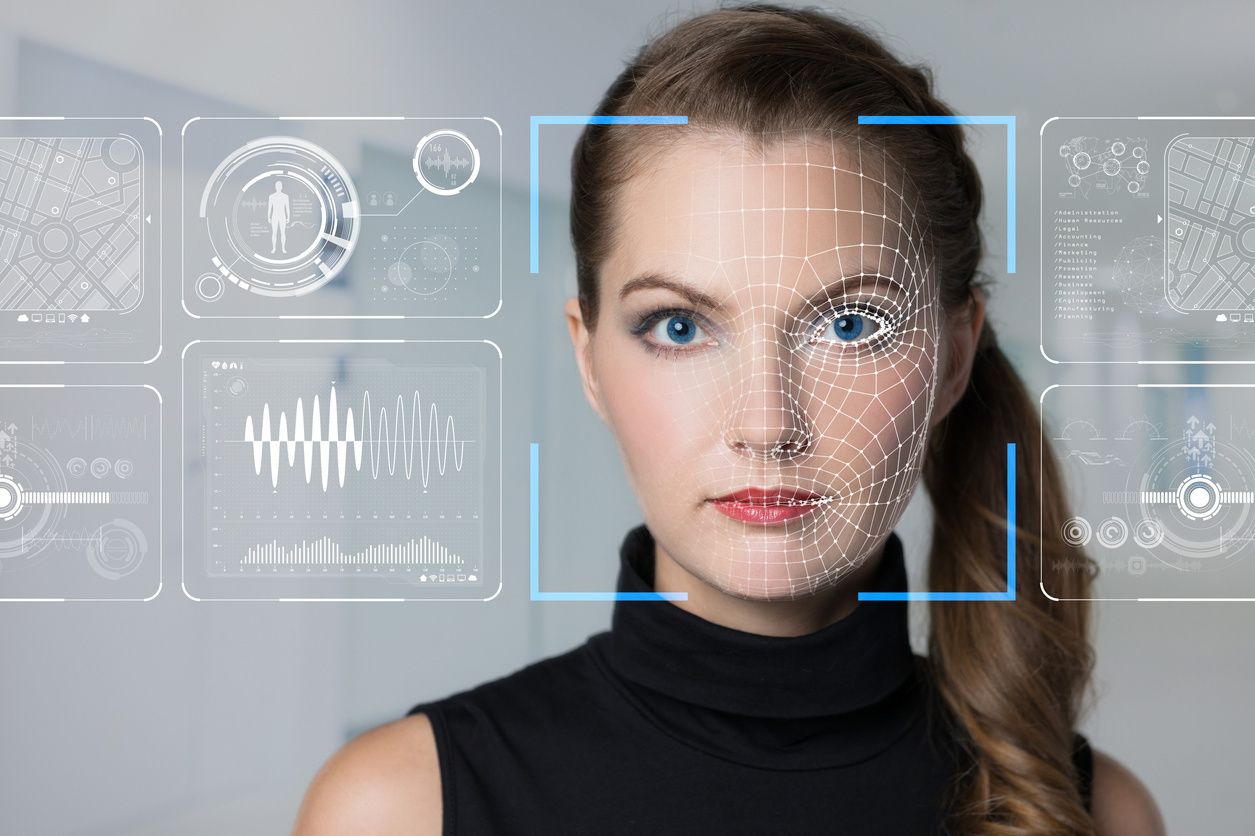Is your AI a woman?
Over the past few years, artificially intelligent assistants in our smart devices have boomed. Whether it's Siri, Alexa, or Cortana, the ability of AI to interact with its users is becoming an ordinary — if not integral — part of our everyday life.
Through voice queries and natural language aptitude, they answer questions, make recommendations and perform actions for us. These computerized personalities can be deemed almost human-like.
The more human we make them, the more important it seems to give them names, personality — and gender.
But robots don't have a gender — nor robotic, artificially intelligent assistants either. Strip them of the names and voices added by their human creators, and there's nothing there that requires it to be "he" or "she," other than our own assumptions. Yet many indeed do have names — with a number of them sold to the public as "female."
Sure, you can change Siri to a different gender — even a different accent. Google Assistant too. But in general, AI assistants seem to default to a female persona. Assigning gender to these AI personalities may be saying something about the roles we expect them to play. Virtual assistants like Siri, Cortana and Alexa perform functions historically assigned to women.
Society has long assigned the female role to administrative positions, with assistant and secretary positions especially stratified as female. With its roots in early 20th century industrial revolution, the employment of secretaries quickly became women's work. And the roles robots are expected to one day replace, are those predominantly carried out by women too.
More than 94 percent of the nearly 3 million secretarial and administrative assistant jobs in the United States were held by women, according to the United States Department of Labor's 2014 report. It's no wonder we — consciously or unconsciously — assign a woman's voice to our digital help as well. But new technology advances may change the way we create, and hear, how our digital assistants speak.
Google has developed a way to create virtual speech that's nearly indistinguishable from human speech. Called Tacotron 2, the technology is able to create spoken speech just from text. Presumably, the technology would be used by Google to empower its Google Assistant AI.
Google researchers, however, trained the AI using "..an internal US English dataset, which contains 24.6 hours of speech from a single professional female speaker." Ahem.
Your personal assisting device should certainly be helpful and do as you say. But should they also be female? Are technology companies catering to our desire for robotic assistants with personality, or are they reinforcing our biases about gender, and the roles that women play?
As we move into a new age of automation, technology will (hopefully) intelligently assist us in every way we move through the world, by completing tasks at home, at work and on the go. That's a role that could be filled by anyone — a man or a woman — or even a digitally-enhanced, and genderless, AI.
